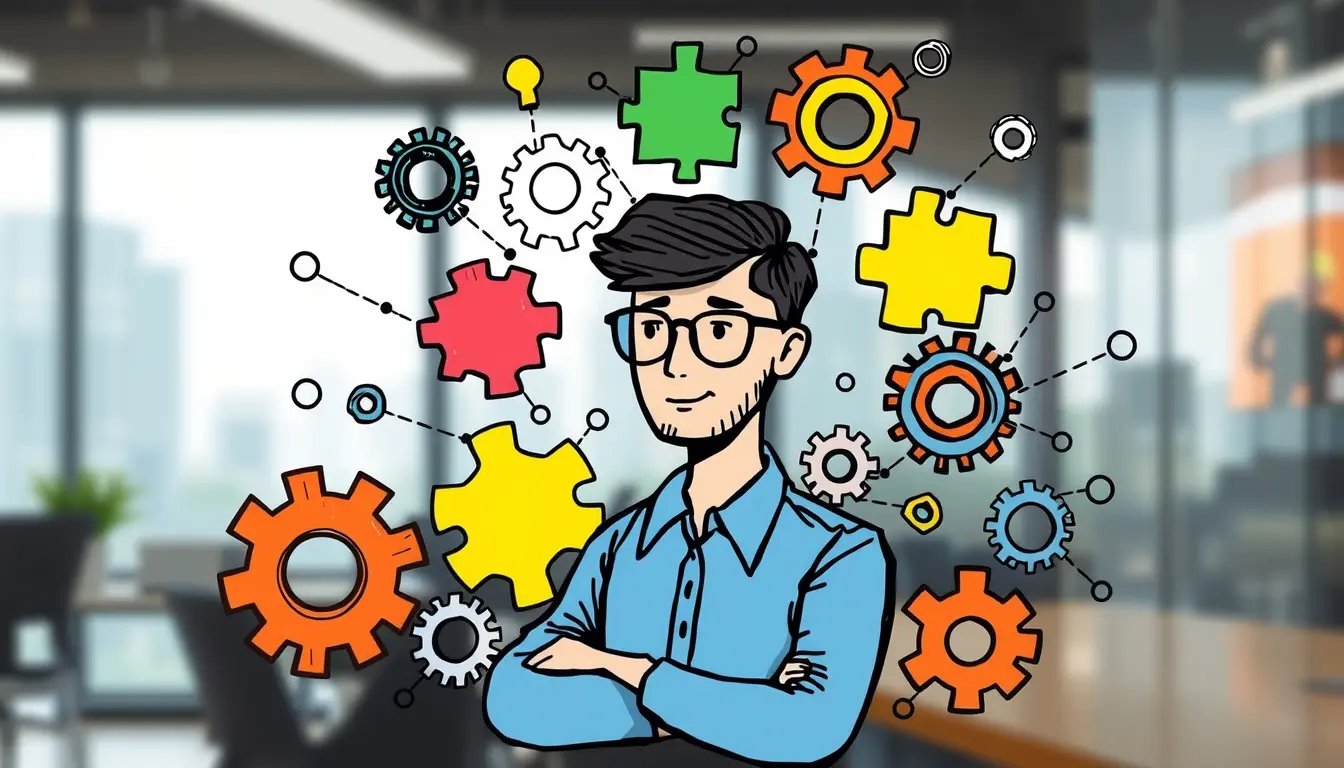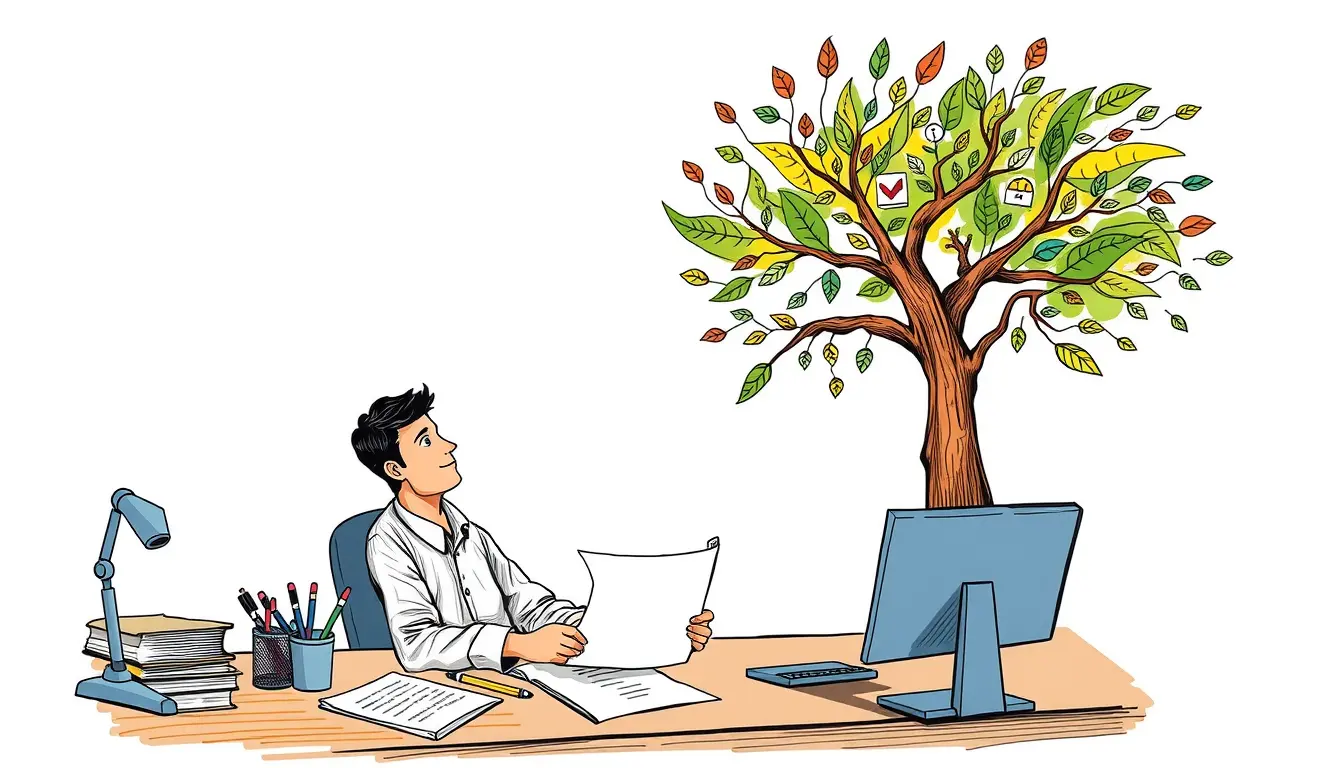The Importance of Collaboration in Analysis Sessions
Collaboration is an essential aspect of analysis sessions. When individuals come together and pool their knowledge and perspectives, the result is a holistic and well-rounded approach to problem-solving. Through collaboration, the strengths and weaknesses of each team member can be identified and utilized effectively. Moreover, different perspectives and ideas can be shared, leading to innovative and creative solutions.
By working together, collaboration fosters a sense of ownership and commitment among team members. Each person feels valued and recognized for their contributions, which in turn, enhances motivation and engagement. Additionally, collaboration allows for effective communication and information sharing, facilitating a deeper understanding of the analysis process. It enables team members to build on one another’s ideas and to collectively identify potential challenges and opportunities. So, fostering a collaborative environment is crucial for productive and successful analysis sessions.
Understanding the 7 Habits Framework
The 7 Habits Framework is a powerful tool for personal and professional growth. Developed by Stephen R. Covey, the framework is based on principles that focus on effective habits and behaviors. Understanding the 7 Habits Framework allows individuals to develop a clear roadmap for achieving success and reaching personal and professional goals. Whether applied to personal relationships, team initiatives, or analysis sessions, the framework provides a structured approach to problem-solving and decision-making. By incorporating these habits into daily life, individuals can enhance their productivity and effectiveness.
At its essence, the 7 Habits Framework is about taking responsibility for one’s own actions and mindset. This concept is encapsulated in Habit 1: Be Proactive. Being proactive means recognizing that we have the power to choose our own responses to circumstances and challenges. It involves taking initiative and not allowing external factors to dictate our actions. By adopting a proactive mindset, individuals can move from a reactive state to a proactive one, taking ownership of their lives and creating positive change. Understanding and embracing this habit is the first step in applying the 7 Habits Framework to analysis sessions and other aspects of life.
Habit 1: Be Proactive
Habit 1: Be Proactive
Being proactive is a fundamental habit that sets the tone for successful analysis sessions. It is about taking responsibility for our actions and decisions, instead of being passive and reactive. Proactive individuals understand that they have control over their own choices and behaviors, which empowers them to shape the outcome of any situation.
In analysis sessions, being proactive means actively seeking opportunities to contribute, share ideas, and collaborate with others. Instead of waiting for instructions or guidance, proactive individuals take the initiative to ask questions, seek clarification, and actively participate in discussions. By being proactive, analysis sessions become more productive and efficient, as everyone is actively engaged and working towards a common goal.
Habit 2: Begin with the End in Mind
Begin with the End in Mind is the second habit in Stephen R. Covey’s 7 Habits of Highly Effective People framework. This habit emphasizes the importance of envisioning the desired outcomes before embarking on any task or project. By having a clear understanding of the end goal, individuals can align their actions, decisions, and priorities to ensure they are working towards the desired results.
When applied to analysis sessions, beginning with the end in mind involves defining the objectives and outcomes that need to be achieved during the session. It requires taking a step back and considering the overarching purpose of the analysis, whether it is to identify trends, solve a specific problem, or make informed decisions based on data. Having a clear vision of what success looks like allows participants to structure the session effectively, identify relevant data sources, and prioritize the analysis tasks that will bring them closer to their defined goals. By embodying this habit, analysis sessions can be more focused, purposeful, and ultimately yield actionable insights.
Habit 3: Put First Things First
In analysis sessions, it is crucial to prioritize tasks and allocate time and resources effectively. This falls under the third habit of the 7 Habits Framework: Put First Things First. This habit emphasizes the importance of managing one’s time and energy to ensure that the most important tasks are given precedence.
Putting first things first involves identifying and focusing on the most significant tasks necessary for achieving the desired outcome. By doing so, individuals can avoid getting sidetracked by less important or urgent matters that may hinder progress. This habit encourages individuals to be disciplined and organized in their approach, enabling them to stay focused on their priorities and optimize their productivity. Thus, by putting first things first, analysis sessions can be structured and goal-oriented, leading to more efficient and effective results.
Habit 4: Think Win-Win
In the context of analysis sessions, Habit 4: Think Win-Win is an essential mindset that fosters collaboration and effective problem-solving. This habit is rooted in the belief that a mutually beneficial outcome is possible, where all parties involved can achieve their objectives and feel satisfied with the results. By adopting a cooperative approach, individuals can move away from a competitive mindset and instead focus on finding creative solutions that meet everyone’s needs.
One way to apply the Think Win-Win habit during analysis sessions is to encourage open and transparent communication. This means actively listening to others’ perspectives, ideas, and concerns without judgment or interruption. By seeking to understand different viewpoints, participants can identify commonalities and areas where compromises can be made. This collaborative mindset creates a positive environment where everyone feels valued and motivated to contribute to finding the best possible solution.
In conclusion, Habit 4: Think Win-Win plays a crucial role in analysis sessions as it promotes synergy, trust, and effective communication. This habit encourages individuals to shift from a win-lose mentality to a win-win approach where everyone involved can benefit. By applying this mindset and fostering collaborative discussions, analysis sessions can yield more creative and sustainable solutions.
Habit 5: Seek First to Understand, Then to be Understood
When it comes to effective collaboration in analysis sessions, one crucial habit to cultivate is seeking first to understand, then to be understood. This habit emphasizes the importance of active listening and empathetic communication. Rather than jumping to conclusions or pushing our own ideas, this habit encourages us to genuinely listen and understand the perspectives of others before expressing our own opinions.
By seeking first to understand, we create an atmosphere of trust and mutual respect within the analysis session. When team members feel heard and validated, they are more likely to open up, share their insights, and contribute to the overall understanding of the topic at hand. This habit also allows us to gain deeper insights and perspectives that we may have overlooked or not considered initially. Through actively listening and seeking to understand, we can foster a collaborative environment where everyone feels valued, leading to more effective problem-solving and analysis outcomes.
Habit 6: Synergize
In analysis sessions, the sixth habit of the 7 Habits Framework, Synergize, plays a crucial role. Synergize means to bring different perspectives, ideas, and strengths together to create something greater than what could be achieved individually. In the context of analysis sessions, this habit encourages collaboration and cooperation amongst team members.
When team members synergize, they are able to leverage each other’s expertise and insights, combining their skills and knowledge to generate innovative solutions and breakthrough ideas. By actively listening to all perspectives and valuing diverse viewpoints, analysis sessions become a breeding ground for creativity and problem-solving. Through synergizing, team members can expand their thinking, challenge assumptions, and find new ways to approach complex challenges.
The fostering of synergy in analysis sessions requires a supportive and inclusive environment where individuals feel comfortable sharing their thoughts and are open to others’ contributions. Equal participation is encouraged, and ideas are treated with respect and consideration, regardless of their source. This collaborative atmosphere enables teams to tap into the collective intelligence and creativity, ultimately leading to richer discussions and more effective analysis outcomes. By embracing the habit of synergizing, analysis sessions become a powerful mechanism for driving innovation and driving organizational success.
Habit 7: Sharpen the Saw
As analysis professionals, it is crucial for us to continuously enhance our skills and knowledge. This is where Habit 7: Sharpen the Saw comes into play. Sharpening the saw refers to taking care of ourselves physically, mentally, emotionally, and spiritually to ensure we are at our best for analysis sessions.
Physically, it is important to prioritize exercise, healthy eating, and adequate rest. Engaging in regular physical activity not only boosts our energy levels but also improves our cognitive abilities. Additionally, it is important to allocate time for mental stimulation and growth. This can be done through reading books, attending workshops or webinars, or engaging in online courses. Taking care of our emotional and spiritual well-being is equally important, as it allows us to effectively manage stress and maintain a positive mindset during analysis sessions. By implementing Habit 7, we can ensure that we are continually growing and honing our skills as analysis professionals.
Applying the 7 Habits Framework to Analysis Sessions
An analysis session can greatly benefit from applying the 7 Habits framework. The first habit, “Be Proactive,” encourages individuals to take responsibility for their actions and choices during the session. By being proactive, participants can actively seek solutions, contribute ideas, and engage in meaningful discussions. This habit also promotes a positive and proactive mindset, which is essential for effective collaboration and problem-solving in analysis sessions.
The second habit, “Begin with the End in Mind,” emphasizes the importance of setting clear objectives and goals for the analysis session. When participants have a clear understanding of what they want to achieve, they can work towards a common purpose and align their efforts accordingly. This habit also helps in keeping the session focused and organized, ensuring that everyone stays on track and works towards the desired outcomes. By beginning with the end in mind, each participant can contribute to the overall success of the analysis session.
• “Be Proactive”: Encourages individuals to take responsibility for their actions and choices during the session
• Actively seek solutions, contribute ideas, and engage in meaningful discussions
• Promotes a positive and proactive mindset for effective collaboration and problem-solving
• “Begin with the End in Mind”: Emphasizes setting clear objectives and goals for the analysis session
• Helps participants work towards a common purpose and align their efforts accordingly
• Keeps the session focused, organized, and on track towards desired outcomes
• Each participant can contribute to the overall success of the analysis session.
What is the 7 Habits Framework?
The 7 Habits Framework is a set of principles and practices for personal and professional effectiveness developed by Stephen R. Covey.
Why is collaboration important in analysis sessions?
Collaboration is important in analysis sessions because it allows for different perspectives and expertise to be brought together, leading to a more comprehensive and insightful analysis.
What does Habit 1: Be Proactive mean?
Habit 1: Be Proactive means taking responsibility for one’s own actions and choices, and not being reactive or controlled by external factors.
What does Habit 2: Begin with the End in Mind mean?
Habit 2: Begin with the End in Mind means having a clear vision and purpose before starting any task or project.
What does Habit 3: Put First Things First mean?
Habit 3: Put First Things First means prioritizing and focusing on the most important tasks and activities that align with your goals and values.
What does Habit 4: Think Win-Win mean?
Habit 4: Think Win-Win means seeking mutually beneficial solutions and outcomes in interactions and negotiations.
What does Habit 5: Seek First to Understand, Then to be Understood mean?
Habit 5: Seek First to Understand, Then to be Understood means actively listening and empathizing with others before expressing your own ideas and opinions.
What does Habit 6: Synergize mean?
Habit 6: Synergize means leveraging the strengths and perspectives of others to create innovative and collaborative solutions.
What does Habit 7: Sharpen the Saw mean?
Habit 7: Sharpen the Saw means taking care of your physical, mental, and emotional well-being through continuous learning and self-improvement.
How can the 7 Habits Framework be applied to analysis sessions?
The 7 Habits Framework can be applied to analysis sessions by being proactive in seeking out different perspectives, beginning with a clear goal in mind, prioritizing tasks effectively, seeking win-win solutions, actively listening and understanding others’ viewpoints, collaborating to find synergy, and continuously improving skills and knowledge.














Leave a Reply